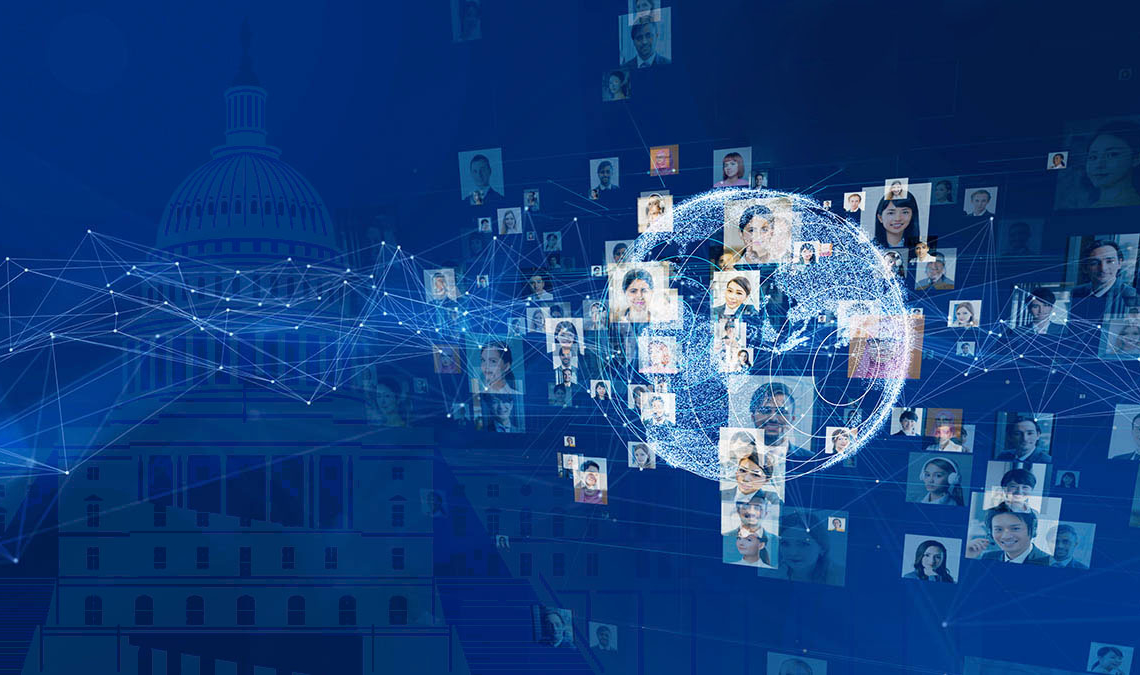Casino and Artificial Intelligence: how AI affects UX and security
- August 5, 2025
- betting
Casino sites are using AI to transform the way players interact and how the platforms protect themselves. It is not… Read More

Technology and politics are closely linked. Innovations like https://22bet.com/mobile have changed how people interact and engage. Governments face challenges in regulating these rapid changes. They need to protect citizens while encouraging technological growth.
Social media has changed politics. Politicians use it to speak directly to voters. This allows them to bypass traditional media. But it also spreads false information quickly. Governments need to regulate social media. This ensures fair elections and protects democracy.
Data privacy concerns everyone. Governments and companies collect a lot of data. This raises fears about surveillance. People worry about how their data is used. Laws like GDPR aim to protect privacy. But balancing security and freedom is challenging.
Artificial Intelligence (AI) is now used in government decisions. AI analyzes data quickly, helping make efficient choices. But it also raises ethical concerns. AI can be biased. It might reduce human oversight. Governments must regulate AI to avoid these problems.
Not everyone has access to technology. This creates gaps in education and jobs. Some people are left behind. Governments need to invest in technology. This will help close the gap. Equal access to technology is essential for a fair society.
Cybersecurity is crucial for governments. Cyberattacks can harm national security. They can disrupt economies. Protecting infrastructure is essential. Governments must work together globally to fight these threats. Public education is also important to prevent cybercrime.
Technology is changing jobs. Automation is replacing some jobs. But it is also creating new ones. Governments need to support workers during this change. Training for new skills is important. Policies should ensure opportunities for all workers.
Tech giants like Google and Amazon hold power. They influence politics through lobbying. This raises concerns about monopolies. Governments need to regulate these companies. This ensures they operate ethically. Transparency is key to maintaining public trust.
Technology influences international relations. Countries with advanced technology have more global power. This can lead to conflicts over cybersecurity and intellectual property. Governments must work together to create fair policies. International cooperation is essential to addressing these global challenges.
Technology can help solve environmental problems. Innovations in clean energy and sustainable practices are needed. Governments should support these advancements. However, producing technology also has environmental costs. Balancing growth with sustainability is a key challenge for policymakers.
Technology is changing education. Online platforms make learning accessible to many. But not everyone has access to these tools. This gap creates unequal learning opportunities. Governments should invest in technology for schools. Equal access to digital tools is crucial for fair education. Policies must address these disparities to support all students.
Algorithms decide what content we see online. Social media uses them to show us things we like. But this creates echo chambers. People only see views they agree with. This can divide society and sway public opinion. Governments need to ensure algorithm transparency. Diverse viewpoints online are important for democracy.
Technology impacts the environment. It helps create renewable energy solutions. But producing tech devices also causes pollution. Governments should encourage eco-friendly practices in the tech industry. Promoting recycling and reducing e-waste are essential. Balancing tech growth with environmental care is necessary.
Digital currencies, like Bitcoin, are becoming popular. They offer a new way to pay without traditional banks. But they also create regulatory issues. Governments worry about illegal activities linked to these currencies. Digital currencies could change global finance and politics. Governments need to create regulations that handle these risks while allowing innovation.
Technology significantly impacts politics, shaping laws, society, and global relations. As technology continues to advance, governments must adapt. They need to protect citizens while fostering innovation. Understanding this relationship is crucial for navigating the future.